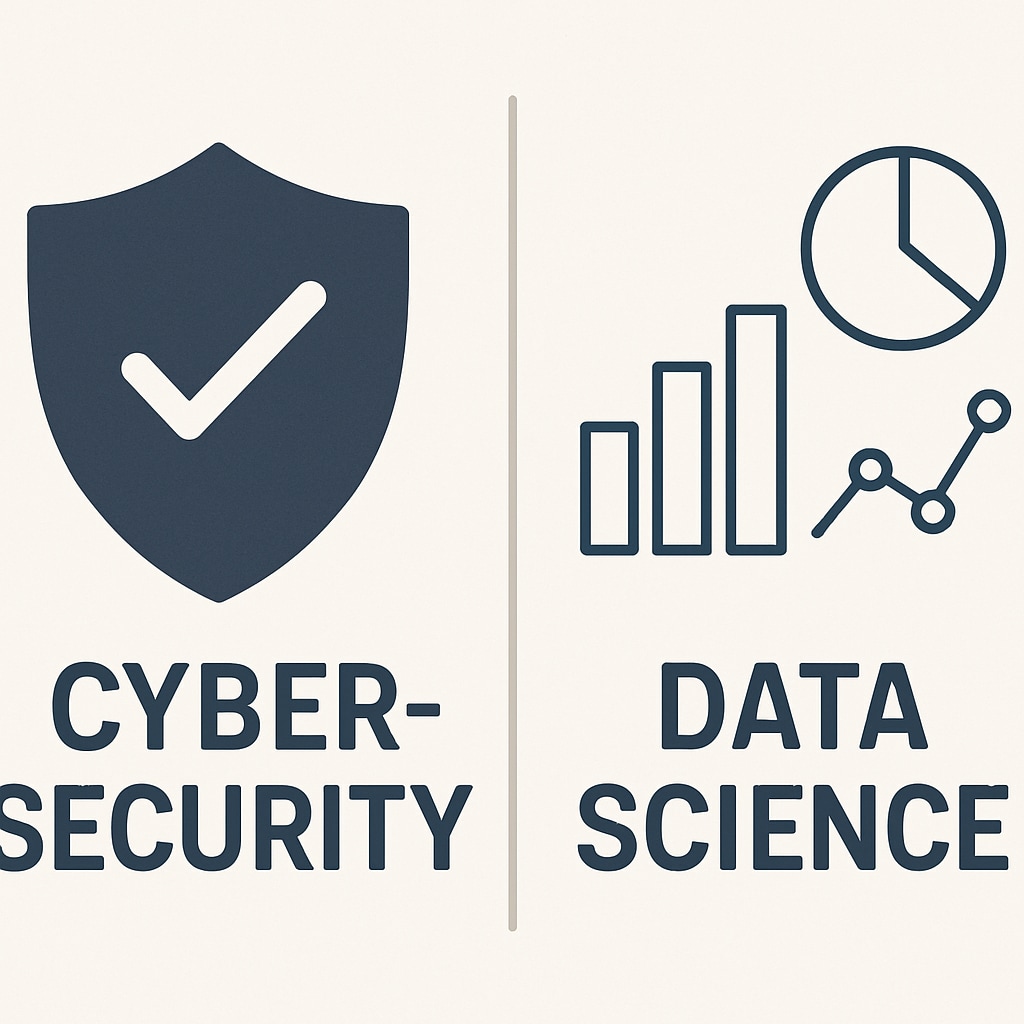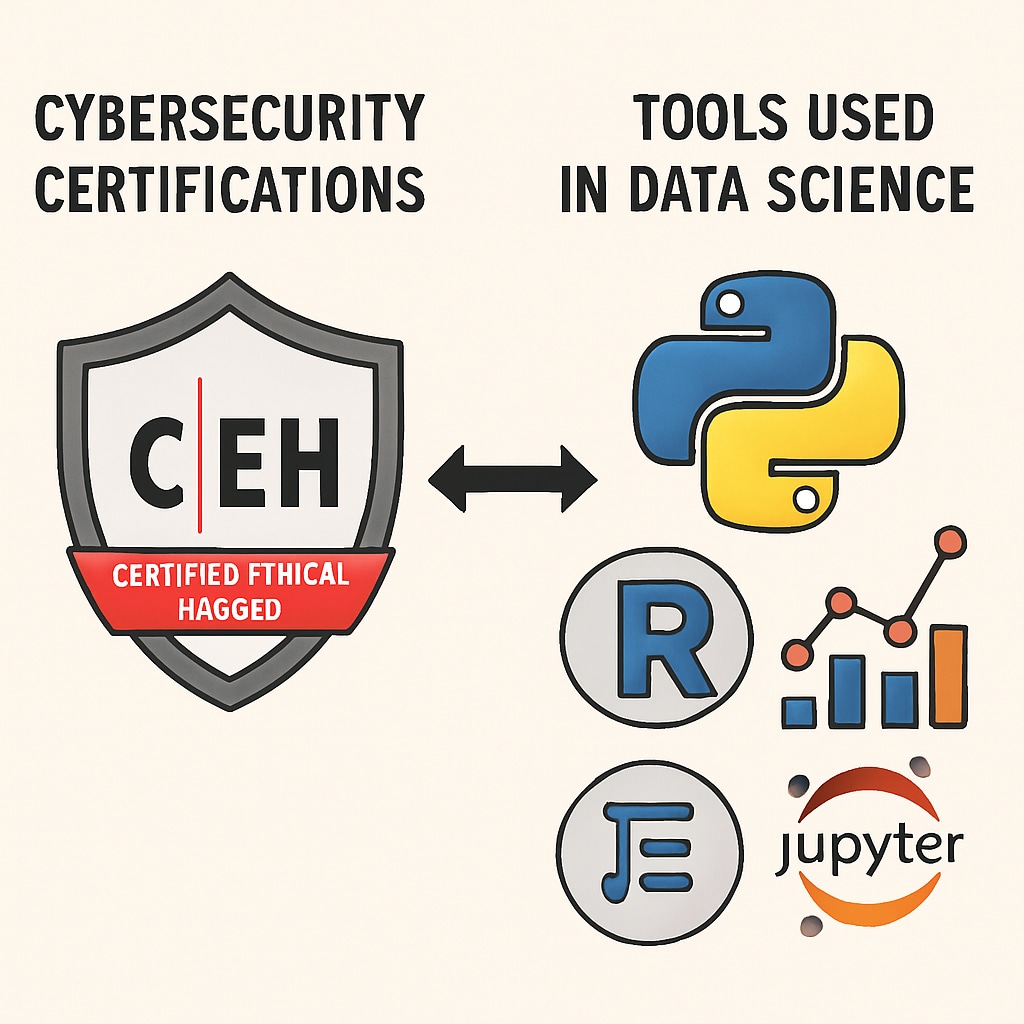As the digital age accelerates, two fields—cybersecurity and data science engineering—are becoming increasingly vital and attractive career paths for K12 students. Exploring these areas can open doors to exciting opportunities in technology, analytics, and security. This article will dive into their education requirements, career prospects, and lifestyle implications, ensuring students and parents can make confident choices for the future.
Understanding Cybersecurity and Data Science Engineering
Cybersecurity focuses on protecting systems, networks, and data from cyber threats, making it essential in today’s interconnected world. Professionals in this field safeguard sensitive information and prevent cyberattacks, ensuring digital security for individuals and organizations. On the other hand, data science engineering involves analyzing and interpreting vast datasets to uncover trends, make predictions, and inform strategic decisions. Both fields require technical expertise but cater to distinct interests and skill sets.

Education Pathways and Skill Requirements
To pursue cybersecurity, students typically need foundational knowledge in computer science, programming, and networking. Certifications such as CompTIA Security+ or Certified Ethical Hacker (CEH) are highly valuable. Data science engineering, however, emphasizes mathematics, statistics, and machine learning. Proficiency in programming languages like Python and R is crucial, alongside expertise in tools such as SQL and Tableau.
- Cybersecurity: Focus on computer security, cryptography, and ethical hacking.
- Data Science Engineering: Concentrate on data analysis, artificial intelligence, and predictive modeling.

Career Prospects and Industry Demand
Both fields offer lucrative and growing career opportunities. Cybersecurity roles are in high demand due to the rising frequency of cyber threats, with jobs such as security analyst, penetration tester, and network administrator offering competitive salaries. Similarly, data science engineering is thriving, powering innovation in industries like healthcare, finance, and marketing. Positions such as data scientist, machine learning engineer, and business analyst are highly sought after.
According to Britannica’s cybersecurity overview, the field has a projected growth rate of 35% over the next decade. Meanwhile, Wikipedia’s data science entry highlights its central role in driving business intelligence and automation.
Lifestyle and Work Environment
The lifestyle and work environments in these fields can differ significantly. Cybersecurity professionals often work in high-pressure environments, responding quickly to threats and managing security protocols. Their work may involve irregular hours and on-call duties. Data science engineers, however, typically work in structured environments, focusing on long-term projects, research, and analytics. While cybersecurity demands adaptability and vigilance, data science emphasizes creativity and problem-solving.
Which Path Should You Choose? Ultimately, the decision depends on your interests and strengths. If you enjoy problem-solving and protecting systems, cybersecurity may be your calling. If you’re fascinated by patterns, trends, and data-driven decision-making, data science engineering could be the right fit.
Readability guidance: The article uses concise paragraphs and lists to summarize key points. Overarching comparisons and external links provide additional insights. Students and parents are encouraged to explore both options based on personal preferences and long-term goals.


